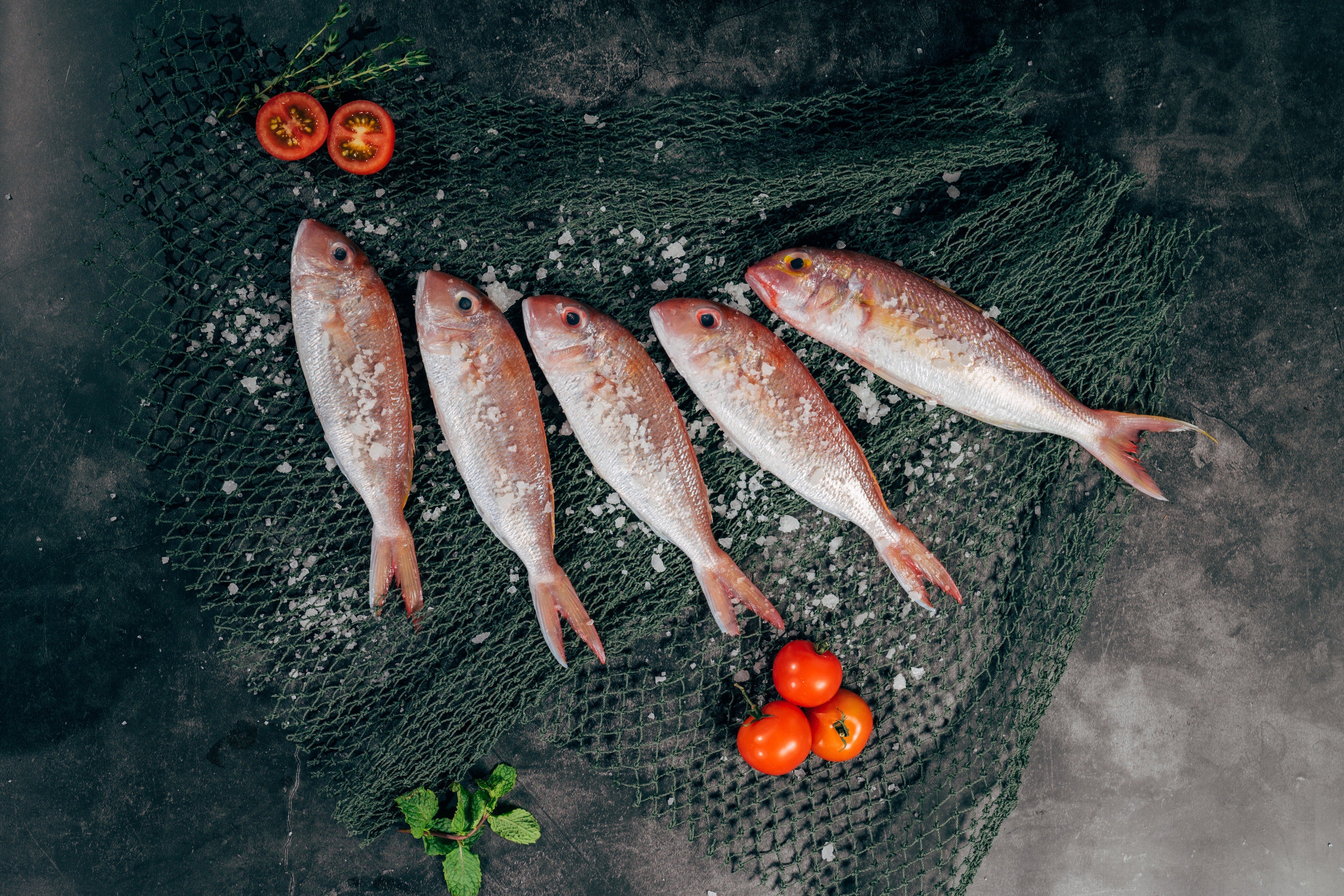Many people experience electrolyte deficiency, yet most don’t realize it. They know something is off. They might feel fatigued, weak, or generally unwell, but they don’t know the root of the problem.
While electrolyte deficiency is often overlooked, it’s easier to develop than you might think. The good news is that treating low electrolytes is also fairly easy.
In this article, we’ll be exploring the various causes of electrolyte deficiency, as well as remedies that will efficiently replenish your electrolyte stores (and keep them up!).
Let’s start by covering some electrolyte fundamentals.
Understanding Electrolytes
Electrolytes are called electro-lytes for good reason. When dissolved in water, these essential minerals produce a positive or negative electrical charge.
Electrolytes play a role in many critical physiologic functions, including conducting nerve impulses, contracting muscles, maintaining hydration, and regulating the body’s pH levels.[*][*][*][*]
The major electrolytes in the body include sodium, potassium, magnesium, calcium, phosphate, and chloride. You obtain these minerals through dietary sources (including salt) and lose them through exercise, sweating, urine, and feces.
Electrolyte Imbalance vs. Electrolyte Deficiency
An electrolyte imbalance, which will show up on a blood test, occurs when a particular mineral level in your blood gets too high or too low. This is typically caused by a medical condition, such as kidney disease, or medications.[*]
An electrolyte deficiency occurs due to an inadequate intake of a particular electrolyte, rather than a medical issue. It’s unlikely to show up on a blood test because if you don’t consume enough of a specific electrolyte, your body will pull what it needs from bone to maintain proper levels in the blood.[*]
Obviously, you don’t want to rely on this backup system to maintain serum electrolytes. Plus, if you’re not consuming adequate electrolytes, you’ll likely experience symptoms, including:[*]
- Fatigue
- Muscle weakness
- Anxiety
- Irregular or rapid heartbeat
- Cramps
- Constipation
- Nausea
- Headaches
- Irritability
Causes of Electrolyte Deficiency
So, how do you prevent electrolyte deficiency? We’ll get to that in a minute, but first, let’s review the major causes of electrolyte deficiency.
#1: Drinking Too Much Water
We’re led to believe that drinking more water is always better, thirst be damned. But did you know you can drink too much water?
Excessive water consumption can dilute blood sodium levels, sometimes causing a condition called hyponatremia (low serum sodium). Mild hyponatremia manifests as muscle cramps and fatigue, but if sodium levels continue to drop, serious consequences can occur, including confusion, seizures, brain damage, and even death.[*]
This condition is quite common in endurance athletes who guzzle large volumes of water before, during, and after events.[*]
To be clear, you do need to drink adequate water, especially if you’re exercising hard, but you also need to replace sodium.
#2: Dietary Deficiencies
We’re all about eating a whole foods diet, however, it’s important to understand that eliminating processed foods will result in significantly less sodium intake. Plus, a whole foods diet is naturally low in salt, and most people go easy on added salt because we’ve been (incorrectly) told that sodium is bad for our health.
In reality, the human body requires sodium to contract and relax muscles, conduct nerve impulses, and maintain the proper balance of water and minerals in the blood.[*][*]
Getting enough potassium and magnesium mostly boils down to eating enough fruits, veggies, nuts, and even animal proteins like poultry, beef, and fish. Some people, however, don’t consume enough of these healthy foods, leading to electrolyte deficiencies.
#3: Low-Carb Diets
Low-carb diets come with several health benefits, such as weight loss, more energy, and improved cognition.[*][*][*][*] However, to reap these rewards, it’s required that you give up many high-carb foods that are also rich in electrolytes, including refined foods, legumes, starchy veggies, and many fruits.
On a keto diet, in particular, you’re hit with a double electrolyte-depleting whammy, as you consume less sodium, plus a low-insulin, low-carb state prompts your kidneys to excrete more sodium.[*]
In fact, low sodium is thought to be one of the main reasons for the “low-carb flu” or “keto flu,” which comes with symptoms like headaches, fatigue, mood swings, and general malaise.
To make up for the lack of sodium, low-carb dieters need to take active steps to avoid sodium deficiency.
Remedies for Electrolyte Deficiency
If you’re experiencing symptoms like the ones mentioned above, first and foremost, it’s important to get checked out by a doctor. If everything looks good, yet you’re feeling unusually tired, weak, moody, and anxious, it might be worth upping your electrolyte intake to see if it helps.
The main electrolytes to focus on are sodium, potassium, and magnesium, as these are most crucial for nerve and muscle function and hydration, and are often lacking in people’s diets.[*][*][*][*]
Here are our top tips for boosting your electrolyte stores:
Don’t fear your saltshaker
We’ve been misled to believe that salt is bad for our health. In reality, there’s evidence that getting around five grams of sodium per day is ideal for one’s health, particularly heart health.[*][*]
To boost your sodium intake, salt your food to taste (and don’t be afraid to be liberal with it!).
Dial in your diet
Certain whole foods have naturally higher levels of electrolytes.
- Sodium: Leafy greens like spinach and kale, celery, and watercress.
- Magnesium: Leafy greens, nuts, seeds, beans, and whole grains.
- Potassium: Leafy greens, avocados, nuts, winter squash, bananas, potatoes, beans, oranges, and tomatoes.
Eating a variety of nutrient-rich foods, such as the ones above, will help you meet your electrolyte needs.
Supplement electrolytes
While getting electrolytes from whole foods should be the priority, it’s not always possible to get the amounts you need from food/salt alone. This is especially true if you regularly work up a sweat, spend long hours in the heat, are on a low-carb diet, or eat a whole-food diet.
While you can make your own homemade electrolyte brew, an easier solution is to supplement with a premade electrolyte blend, such as IQMIX.
Each packet contains:
- 500 mg sodium
- 380 mg potassium
- 750 mg Magtein®, a clinically studied form of magnesium (Mg L-Threonate) that crosses the blood-brain barrier[*]
- 250 mg of super-concentrated lion’s mane mushroom, which supports brain health and function[*]
Bonus? IQMIX contains zero sugar and only one gram of carbs per packet! Try our 8-Stick Sampler to find your favorite IQMIX flavors, or go all-in with our 20-Stick Variety Pack.
Nip Electrolyte Deficiency in the Bud
Electrolytes are not often discussed, yet they’re vital for nervous system function, muscle movements, and hydration.
Being deficient in one or more electrolytes is quite common, but thankfully, this can be easily remedied by liberally salting your food, eating a balanced, varied diet, and supplementing with a high-quality electrolyte powder like IQMIX.
Not experiencing any symptoms? It’s still important to be mindful of your electrolyte intake so you can avoid deficiency and feel and perform your very best.


